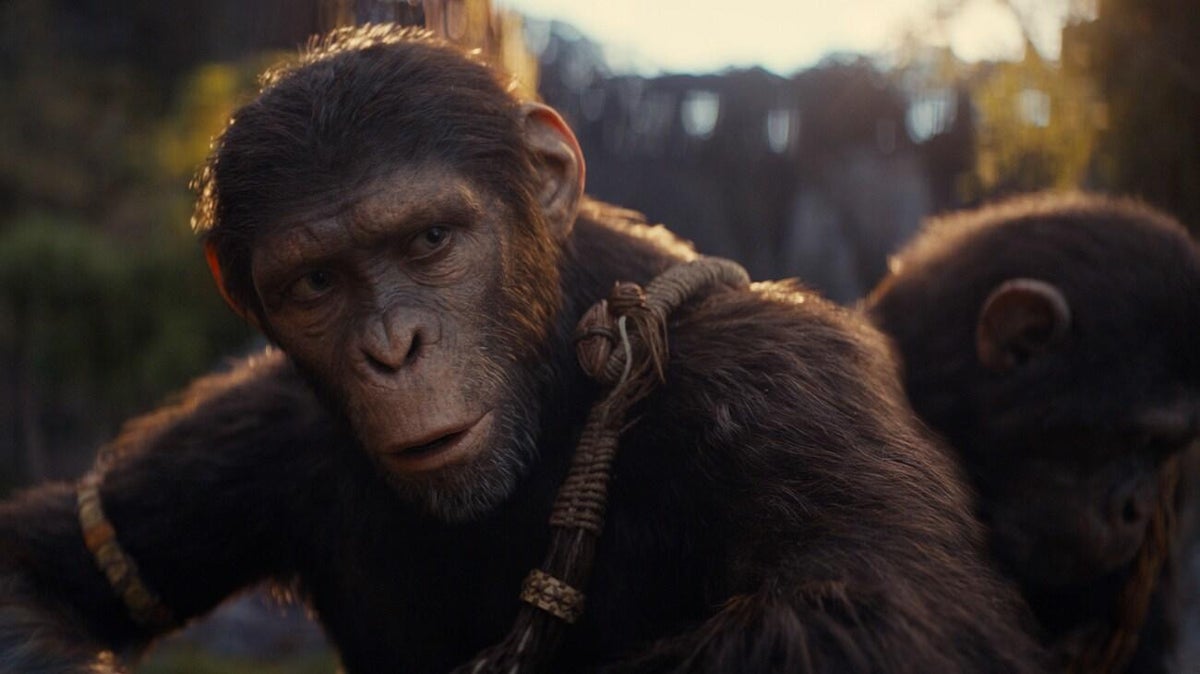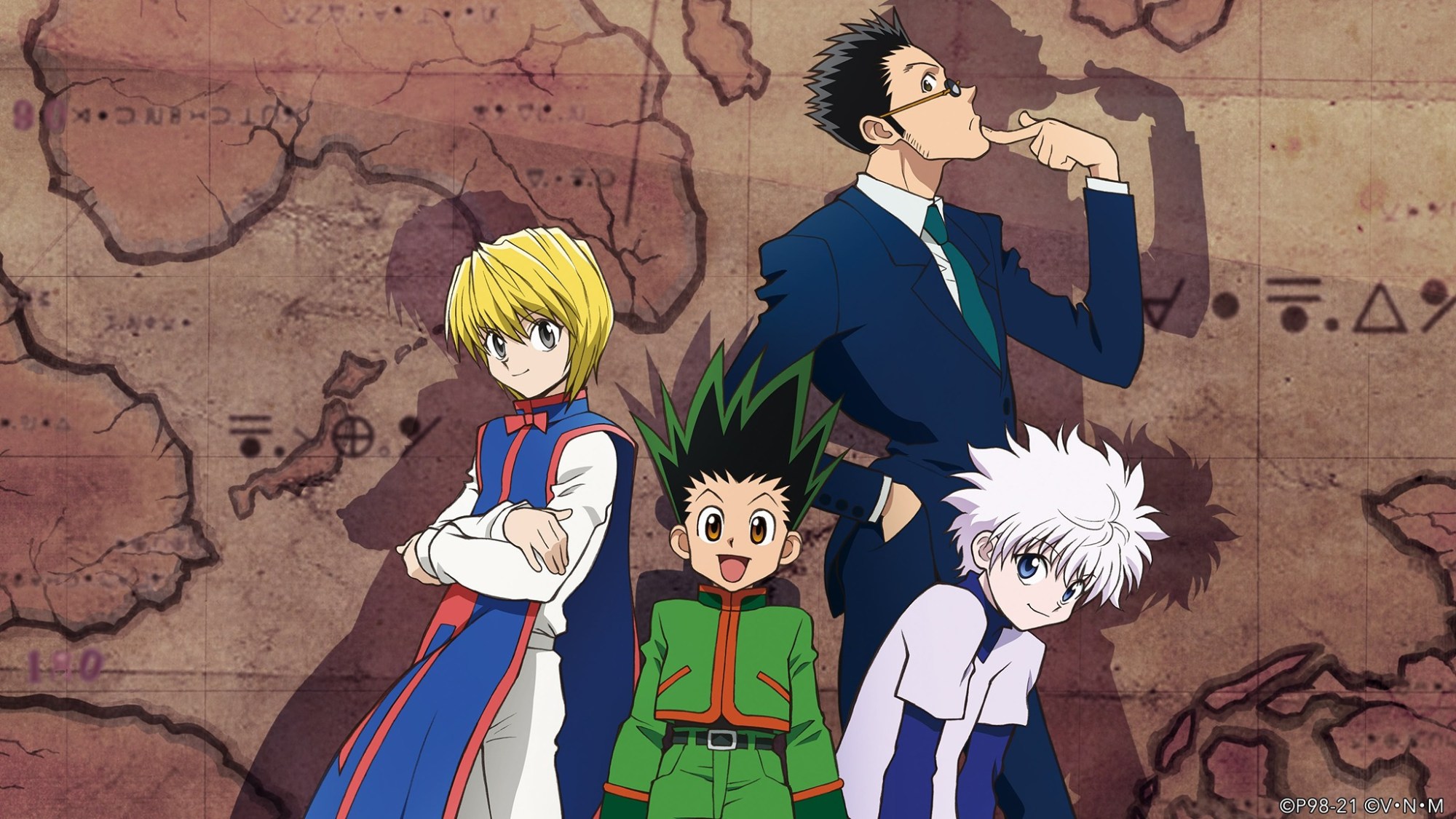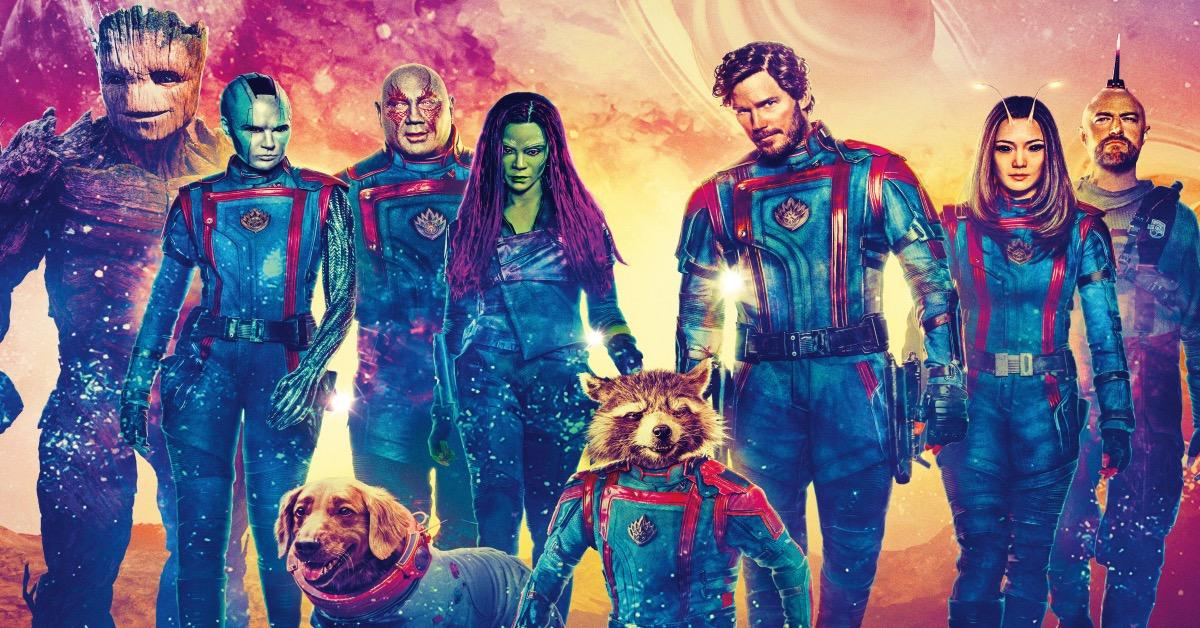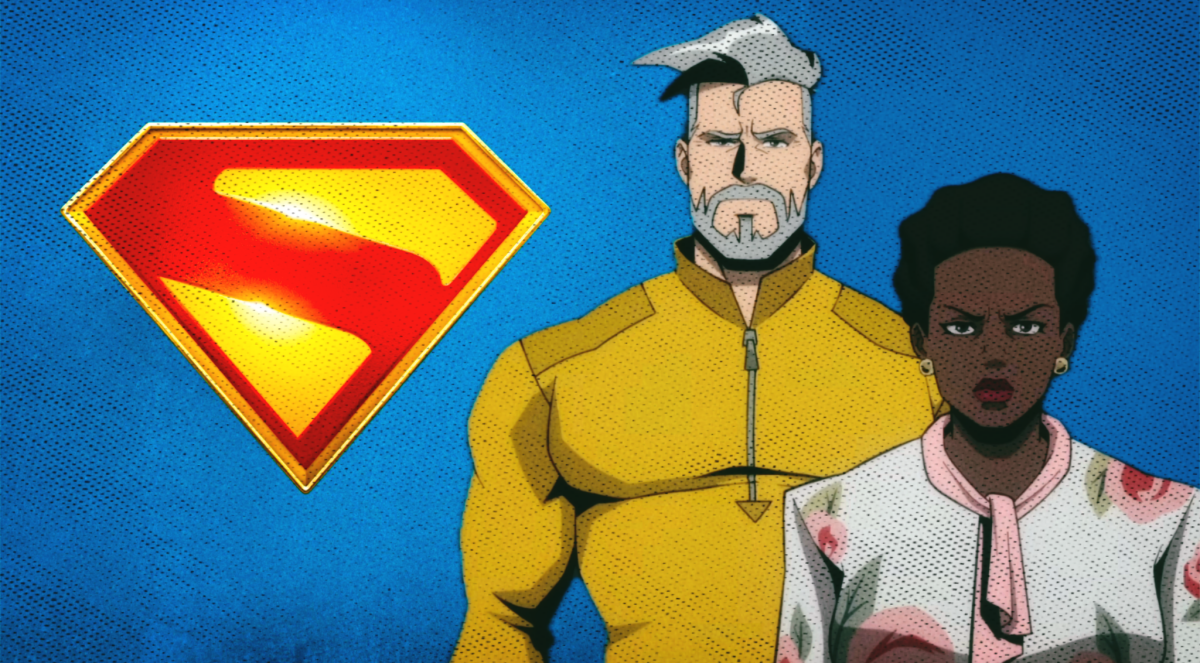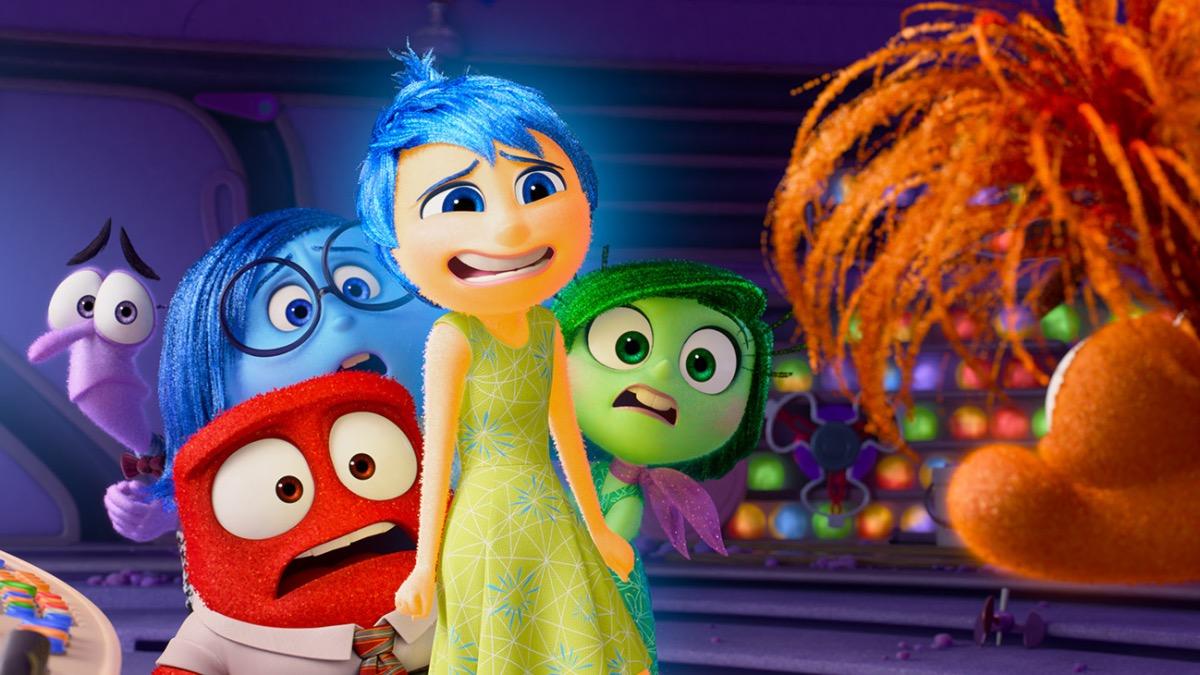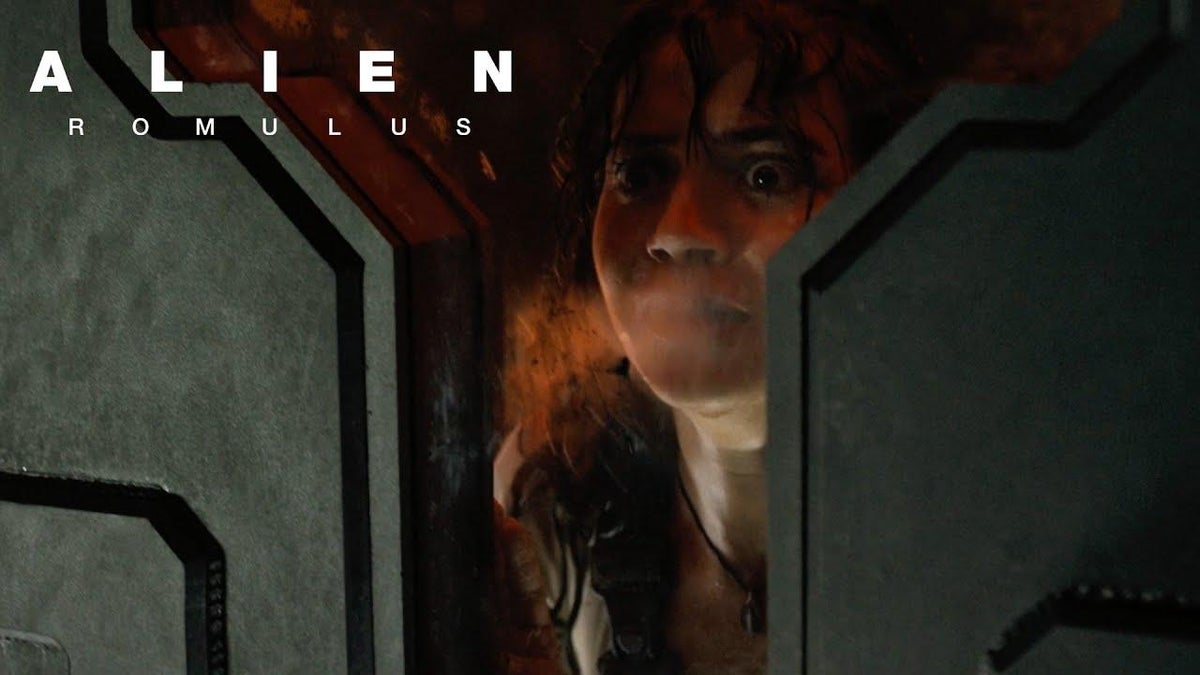
Kingdom of the Planet of the Apes has no actual water on screen, thanks to Avatar: The Way of Water.
It’s no secret that Kingdom of the Planet of the Apes is a movie filled with visual effects. According to befores & afters magazine the film had only “38 shots in the entire movie” that had no visual effects, plus 33 minutes of its entire run time that entirely CGI. Speaking with ComicBook in a new interview, Kingdom of the Planet of the Apes director Wes Ball not only confirmed this major percentage of the movie was all CGI, but also revealed another wrinkle about the movie. Though water appears throughout the film, Ball confirmed that no actual water is seen in the movie. Even when actors on set were being filmed in water, the water was replaced in post-production with CGI water. Ball revealed that they wouldn’t have been able to manage this without the work done on Avatar: The Way of Water.
“We could not have done water if they hadn’t done a major kind of R&D on Avatar: The Way of Water. And we took that and went further with it,” Ball revealed. The filmmaker spoke further about the film’s extensive use of CGI, something that he previously noted he never wanted to shy away from while promoting the movie.
“There’s about 30 to 35 minutes minutes of full CG in the movie. I mean, everything is CG. That means every piece of bark, every leaf blowing in the wind is full CG. So that’s new for this move, this franchise. There are sets we just could not build, it was not possible, we couldn’t afford to do it, we didn’t have time to do it. So I hope for the audiences it will just go right by them. They won’t see that. But I’m really proud of some of that stuff where it’s like you cannot tell this is all CG.”
Ball revealed that the first ten minutes of the film were entirely CG, some of the film’s night sequences as well. That in mind, he couldn’t not sing the praises of WETA.
“It’s fantastic what they do, man. And that’s what I’m saying, like you’re seeing the best visual effects work that, you know, at the top of their game, the best people in the business doing the best work they’ve ever done. And I wanna showcase that.”
Kingdom of the Planet of the Apes Cast
The cast for Kingdom of the Planet of the Apes is anchored by Owen Teague (IT) as Noa, a young chimpanzee. He’s joined in the film by Kevin Duran (Locke & Key) as Proximus Caesar, a powerful chieftan that has appropriated human technology; Travis Jeffery as Anaya; Lydia Peckham as Soona, a female chimpanzee and a friend of Noa. Neil Sandilands as Koro; Peter Macon as Raka; and Freya Allan (The Witcher) as Mae, one of the few human characters to appear in the movie
Kingdom of the Planet of the Apes is directed by Wes Ball and written by Josh Friedman and Rick Jaffa & Amanda Silver and Patrick Aison.
Director Wes Ball breathes new life into the global, epic franchise set several generations in the future following Caesar’s reign, in which apes are the dominant species living harmoniously and humans have been reduced to living in the shadows. As a new tyrannical ape leader builds his empire, one young ape undertakes a harrowing journey that will cause him to question all that he has known about the past and to make choices that will define a future for apes and humans alike.
Planet of the Apes movie order explained
With the upcoming release of Kingdom of the Planet of the Apes there will officially be eleven movies in the Planet of the Apes franchise including:
- Planet of the Apes (1968)
- Beneath the Planet of the Apes (1970)
- Escape from the Planet of the Apes (1971)
- Conquest of the Planet of the Apes (1972)
- Battle for the Planet of the Apes (1973)
- Planet of the Apes (2001) – Tim Burton’s standalone remake
- Rise of the Planet of the Apes (2011)
- Dawn of the Planet of the Apes (2014)
- War for the Planet of the Apes (2017)
- Kingdom of the Planet of the Apes (2024)
Though allusions to the classic movies released in the 1960s and 1970s can be found in all of the modern Planet of the Apes movies, fans eager to dive into the upcoming Kingdom of the Planet of the Apes likely only need to watch th three movies made in the 2010s ahead of the film’s release.
